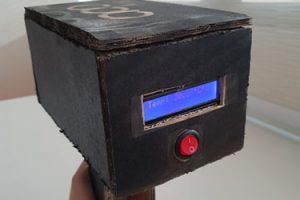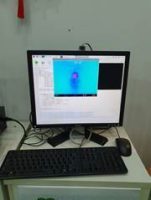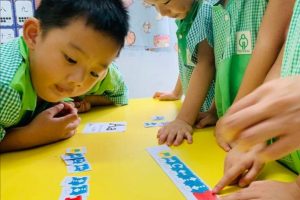Future-ready education: Honing the right skills
Singapore is often praised for its high standards of education, so it might be surprising to some that the nation state suffers from a huge knowledge-skills gap. According to the Hays Global Skills Index, despite Singapore having one of the highest education standards in the world, local talent often do not have the skills wanted by employers, leading to both higher rates of vacancies and unemployment.
Employers here, especially in sectors like engineering and technology, are competing for talent because of the skills shortage, and this problem is about to get worse with the introduction of the Smart Nation.
Earlier this year Singapore laid out a vision education in 2035, signaling a move towards a holistic approach with focus on skills and job performance. However, we can’t afford to wait.
With the influx of new technology, the skills gap is no longer limited to a few industries but will impact every sector, every role, every job. It is high time that educational institutes and companies re-think policies and traditional structures for learning and start redefining education now.
Similar to how various industries like transportation and entertainment have been disrupted, the ‘uber-isation of education’ should see a more flexible and open system, replacing the outdated rote-learning we grew up with. Firstly, learning should no longer take place solely in the classroom. Learning can and should happen on demand and wherever the student is.
Technology already supports this development and students are able to view lectures and contribute to group work from remote locations. Beyond just convenience, students will be expected to have the independence and discipline to complete modules hosted on web-based platforms like apps.
Mr Ong Ye Kung, Acting Minister for Education (Higher Education and Skills), gives a good example of this form of learning, termed the “flipped classroom”, in his keynote address at the Straits Times Education Forum.
In this sort of classroom, quality learning resources are made available online and the student is expected to self-learn before the class. Instead of taking the student through the notes, the teacher facilitates higher-level learning through active discussion, collaboration, and interaction in class. This turns the focus on training students to ask the right questions rather than give the right answers.
In institutions of higher learning, as it should be in the workplace, we must encourage critical thinking. A technology-enabled form of learning, which takes away much of the physical barriers, places emphasis on the student’s strength of character, grooming a generation of work-force ready, critical and innovative thinkers.
Secondly, industry-led co-operative measures that melds practical experiences with theory-based learning will also be valued. This stems from employers being more focused on skills and job performance, a sentiment echoed by DPM Tharman Shanmugaratnam.
These co-operative programmes will be a committed partnership between universities and companies and will be more structured and planned than the typical internship. Students will get to spend half or more of their time at the workplace and will be groomed for future employment.
Besides a change in curriculum, these partnerships will also lead to a more creative use of campus grounds. Similar to PSB’s Future Academy vision, the function of the campus will evolve to include more spaces for hands-on experimentation and emulate real-world work environments, instead of just lecture theatres.
Students could see start-up initiatives, industry-led discussions and conferences, and spaces for co-creation right outside their classroom door. This opens up opportunities for lively interaction between students and their potential future employers.
Lastly, education will see the need for more specialised and niche courses. This follows the surge in demand for professions like software engineers and data scientists in the Smart Nation. While specialised courses are already present in modern universities, the focus on this will heighten in 2035 and schools will need to have multidisciplinary courses that respond to emerging markets and technologies.
These courses present a shift from a results-oriented society to a skills-oriented one. With the revamp of the PSLE scoring system, we are already seeing the beginning of this shift.
The classroom of the future will also be more diverse. Segmented by skills and supported by Skillsfuture initiatives that encourage learning for all ages, students of different ages and levels of mental and physical capabilities can learn together in 2035.
These updates are essential building blocks to prepare students for the Smart Nation. With a smarter education, students can expect to be industry-ready, future-proof, and ready to tackle waves of change stimulated by technology and economics.
– See more at: http://sbr.com.sg/hr-education/commentary/future-ready-education-honing-right-skills
Tag:#FutureReady, Blog, Coding, IoT, Technology




